Nation’s most vulnerable mental health patients have a message for the NSW government
The nation’s most vulnerable mental health patients demand psychiatrists be looked after as a charity boss urges system change.
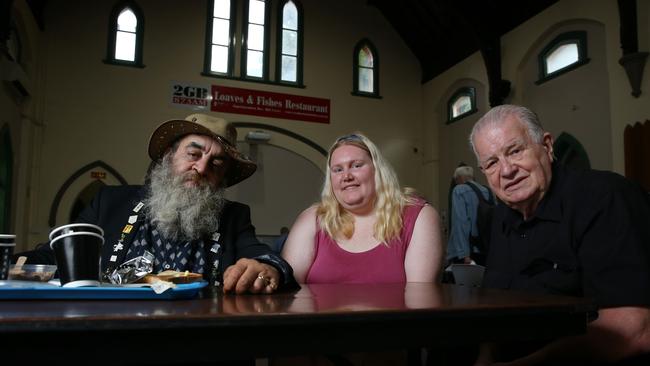
They are society’s forgotten people, their voices barely heard in public debates, but one man would like to make his views on the NSW psychiatry crisis crystal clear.
“I’ve been in the system for long enough to know what the go is,” says 61-year-old Joe Karadjian, who lives with chronic severe mental illness. “I have deadset seen doctors and nurses saving people’s lives. Psych doctors and nurses are absolutely awesome.
“I’ve had occasion to wait for 18 hours for an admission into a psych ward, and then get knocked back. I’ve spent six months in a psych ward, and seen doctors and nurses violated in the execution of their duty, to the extent where I have had to jump in to pull an aggressive person off them. I’ve seen it all.
“So this one’s for (NSW Health Minister) Ryan Park – sort it out. I just say, pull your head in and give the psych doctors and nurses a fair go.”
News that 201 psychiatrists, half of the NSW workforce, are about to walk away from their jobs is only just filtering through at the busy kitchen of the Reverend Crews Foundation in Ashfield in Sydney’s inner west, where scores of homeless, jobless and vulnerable people are enjoying bacon and eggs for breakfast. Many of them are frequently assisted by psychiatrists in community care teams, although the services are stretched way beyond capacity, and some regularly cycle in and out of mental health wards.
Those assisted by public psychiatry services already know they’re getting a raw deal in a critically underfunded system. They also know it is public sector psychiatrists and underpaid nurses who are propping up the system in a battle to provide care to patients, and that the quest has become untenable.
Charities are the last safety net.
“I can tell you one thing, this man has pulled me off The Gap three times,” says Mr Karadjian, gesturing to 80-year-old Reverend Crews, who has been providing care to the homeless and disadvantaged for decades. “I’d be deadset lost without a service like this. I would move mountains for Uncle Bill.”
Reverend Crews repays the affection in spades. But now his heart is breaking. “I’m speechless that this crisis has not been resolved, and these people will be the ones that suffer the most,” he says. “Things are already dire now, so it’ll just be worse. Lives are at risk now. That it’s got to this stage is appalling, and it’s a manifestation of a broken bureaucracy and chronic government neglect.

“Hospitals are just bottomless pits draining money, and community work and … preventive work never gets done, and the system is carrying on just by momentum. This crisis is the result of misdirected funds and the results of years and years and years of financial cutbacks. Meaningful change is so difficult to do in the health system. They’re spending money in the wrong places. The system has to change.”
Kristen Blakers, 33, feels the same way.
“I have been in the mental health system for about 15 years, and I know that psychiatrists were already so overstretched, there was already a massive shortage of them,” Ms Blakers says. “I came into mental health services because I was suicidal, and they’ve absolutely turned my life around. I no longer feel suicidal because of them.
“When you go and see a psychiatrist, either in the hospital or in the community, there’s a big demand on them. It’s just a really hard job. And, yeah, basically, if there’s less of them, it’s just going to be more pressure on people who need those services. Every second person deals with mental health struggles. We desperately need them.”
Psychiatrists drew a line in the sand in December after 15 months of unsuccessfully attempting to strike a deal to arrest the exodus of staff specialists from hospitals that was steadily plunging an already parlously underfunded system into one in which therapeutic care had become impossible. After being rebuffed in their demands for an immediate 25 per cent pay increase, they started quitting, and the numbers became a deluge. Most say they want to remain in their jobs, but are no longer willing to be complicit in a system that is unable to function to care for patients.
The NSW government has responded by begging them not to go but making clear it is willing to push the mental health system into uncharted waters by seeking to operate with a series of stopgap measures that include consolidating care and supervision across health districts, setting up a pandemic-style crisis operations centre, and relying on call centres. It will be forced to employ locums at up to three times the cost of staff specialists and, extraordinarily, it is preparing for some services, such as one of the state’s two mother-and-baby perinatal mental health units, to cease taking patients entirely.
“Despite comprehensive planning, I want to be very clear that the specialist nature of psychiatry and the large volume of intended resignations means there will inevitably be extensive disruption to mental health services and the broader public health system,” Health Ministry secretary Susan Pearce said in an update to staff on Thursday.
“At this challenging time, it is also most important that everyone – particularly our mental health consumers and the wider community – know that NSW Health can and will continue providing safe, high-quality, compassionate mental healthcare.”
In a major series late last year examining the nation’s crumbling mental health systems, The Australian found the decades-long neglect of those with chronic severe mental conditions has reached its worst point, with staff despair at such critical levels that both public and private hospitals are unable to fill psychiatry positions, the nation’s prisons are overflowing with those with mental illness, and GPs are buckling under the weight of inadequate resourcing to care for patients with complex needs. The series, Cast Adrift, found the life expectancy of those with severe mental illness had not shifted in a century and still hovered at around 65 years despite big gains in life expectancy across the general population. Funding for mental illness has been dropping in real terms for years, and the nation’s hospitals have fewer than half the psychiatric inpatient beds needed.
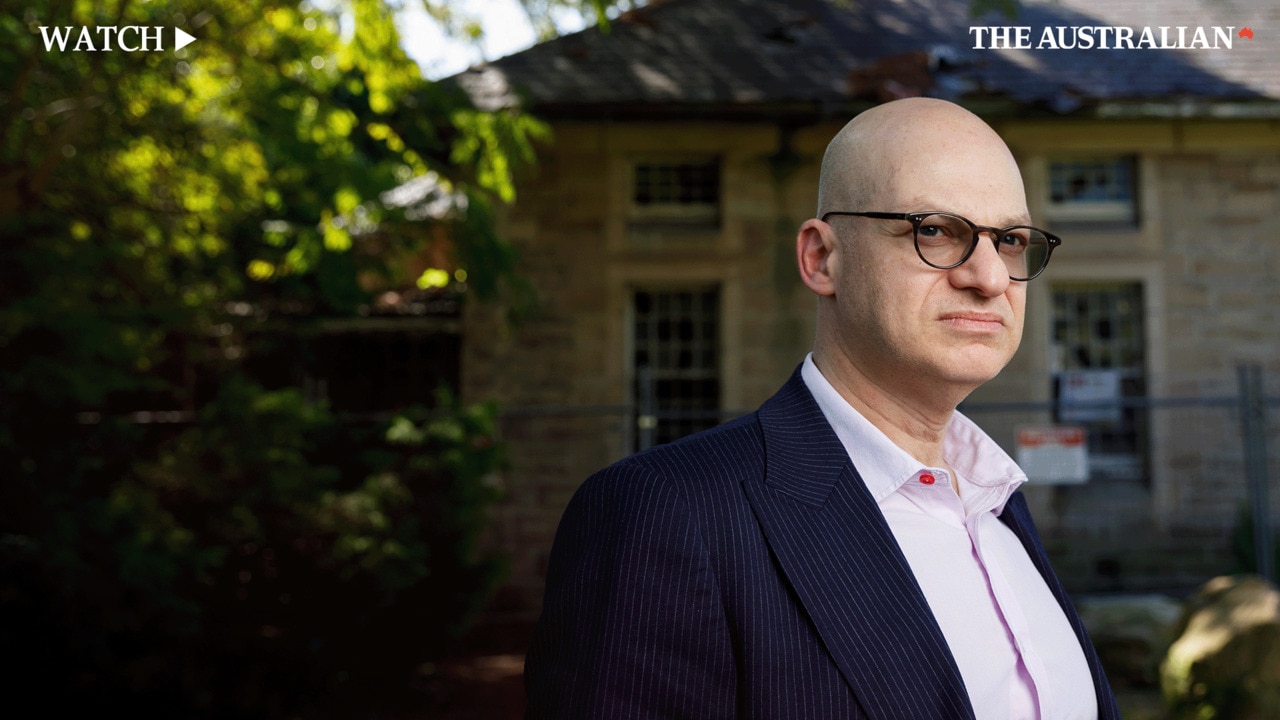
These are all the things that psychiatrists are now highlighting as they dispute the NSW government’s characterisation of their bargaining as a pay grab. The government insists if it gives in here, it will face a deluge of industrial claims from all over the health sector.
Reverend Crews is in no doubt that the only solution will be a fundamental overhaul of the mental health system.
“These salary adjustments should have been made over decades,” he says. “This is the logical outcome of decades of neglect and not paying people properly.
“And the hospitals have grown and grown in size, and preventive medicine hasn’t been looked at.
“All of those sorts of things that common sense tells you should be done have not been done. People’s ill physical health has drained all the resources so people’s poor mental health has been ignored in this hospital grasp for more and more wards and surgeries.
“This might force some radical change.”


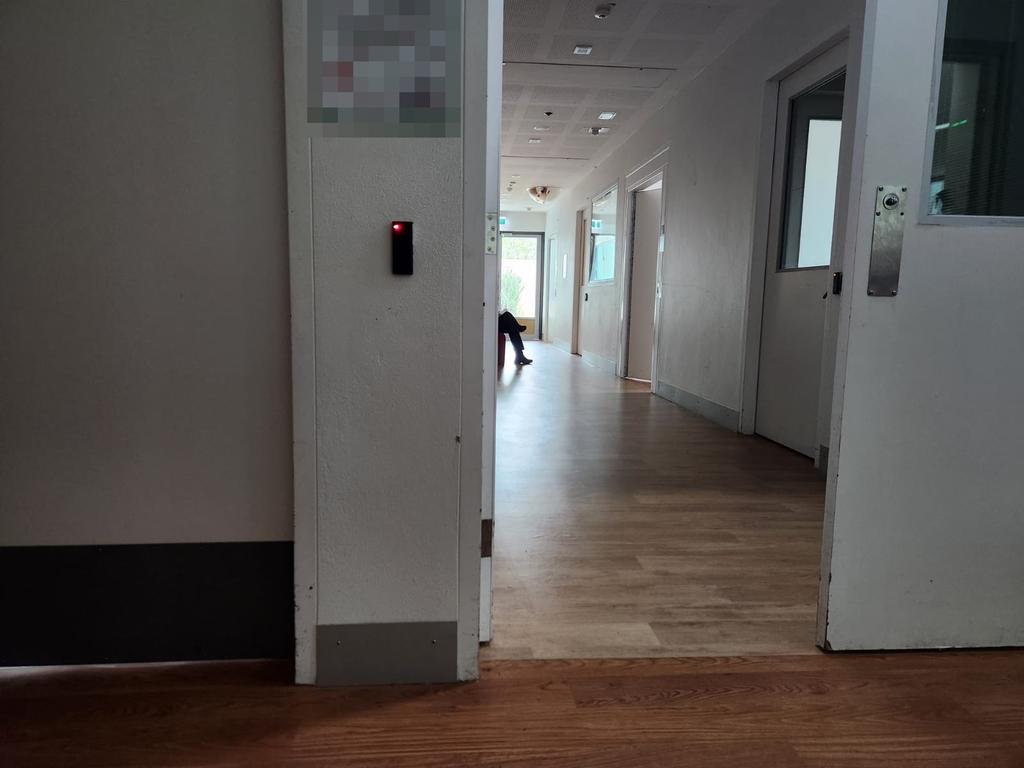
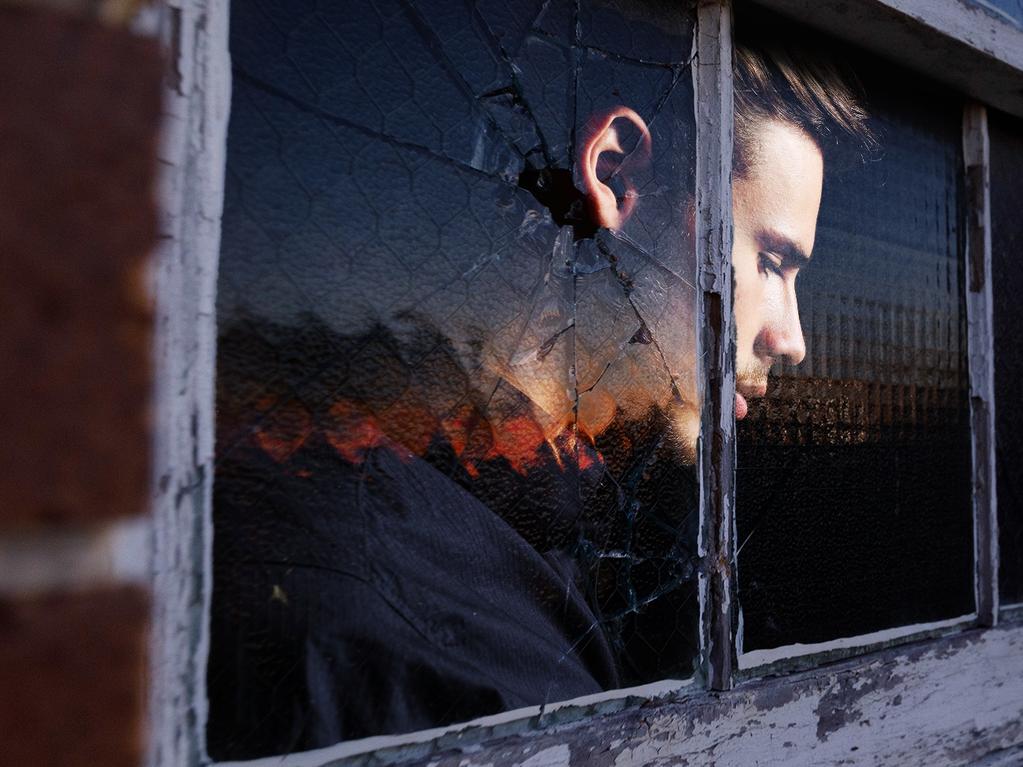
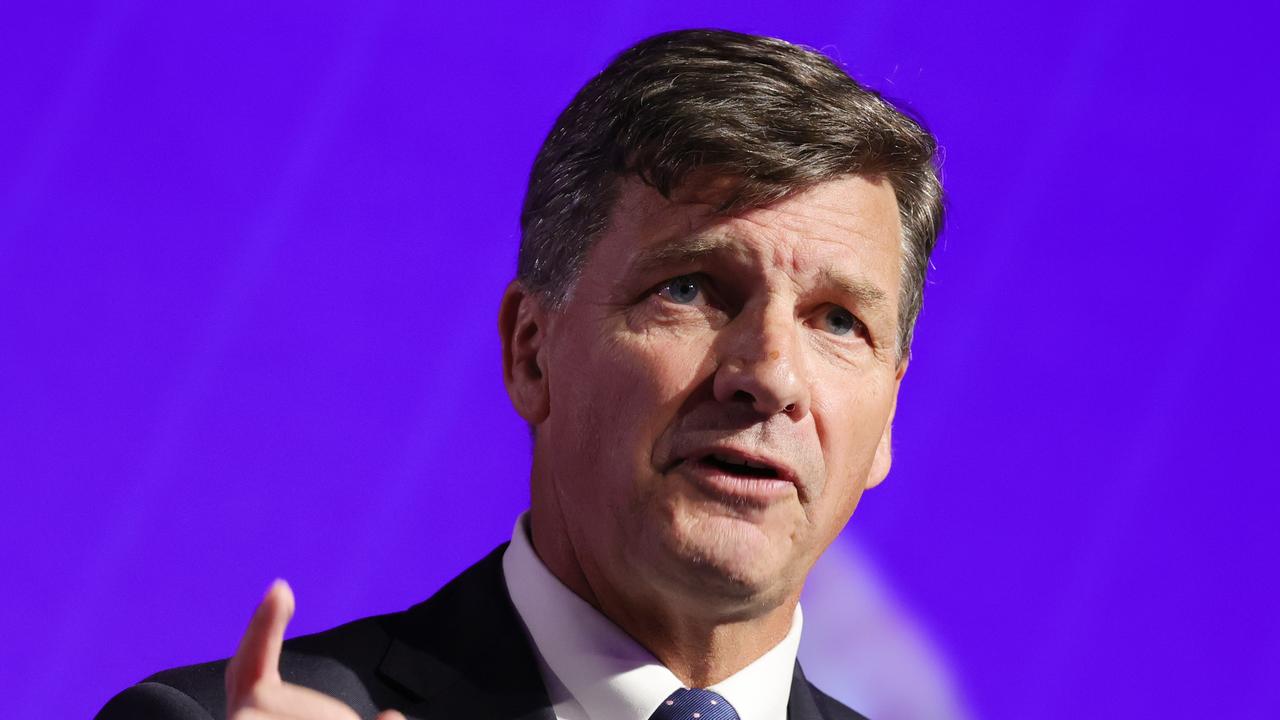

To join the conversation, please log in. Don't have an account? Register
Join the conversation, you are commenting as Logout